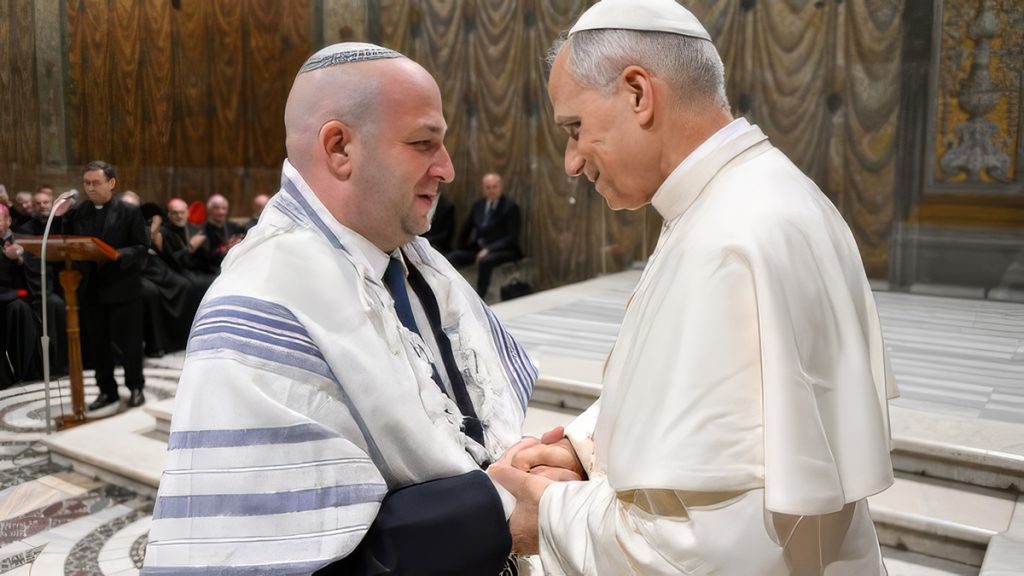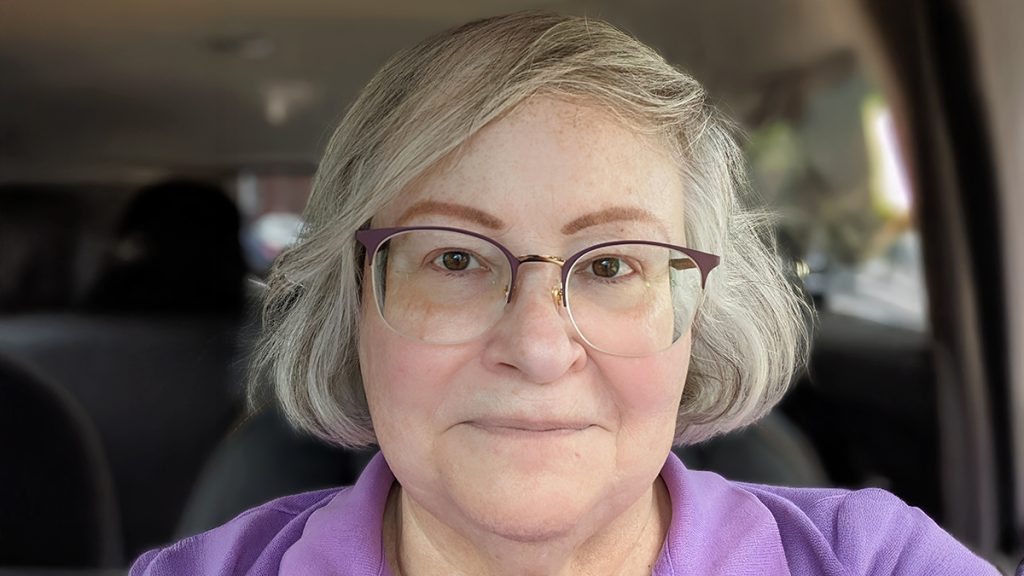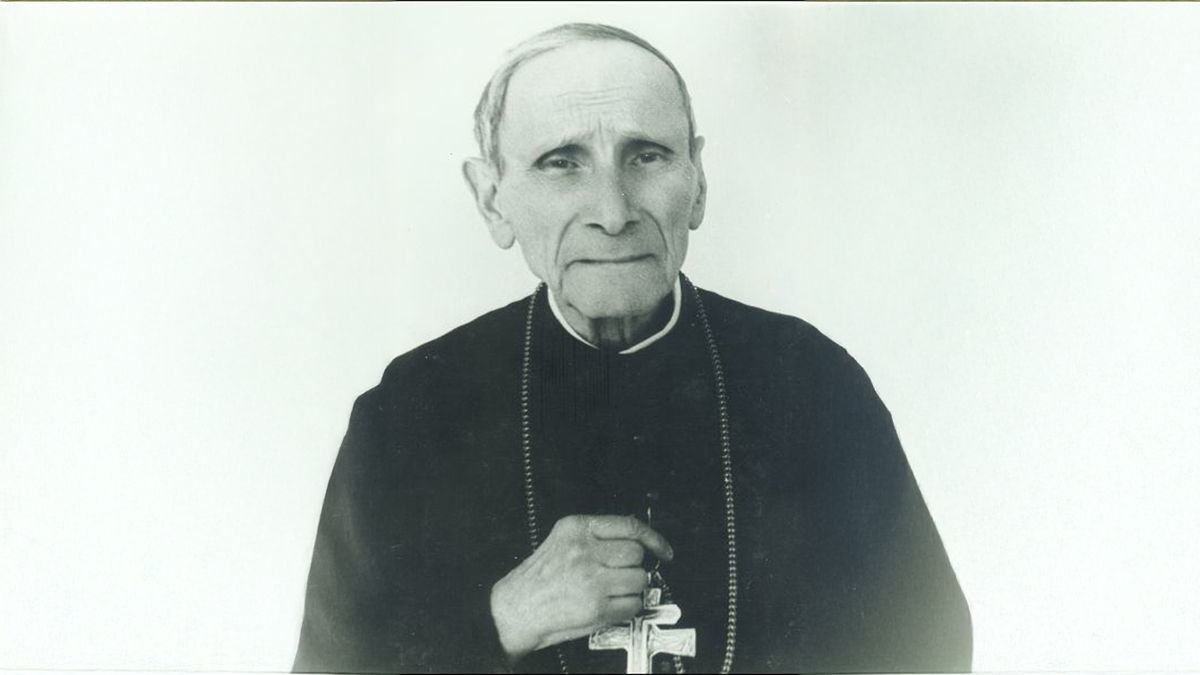On 2 June, Pope Leo XIV addressed Jewish-Catholic relations at a ceremony honouring Blessed Iuliu Hossa, a Romanian bishop on the path to sainthood.
Hossa, a Greek Catholic bishop, resisted the persecution of Jews in Romania during World War II, and, citing the then-Chief Rabbi of the area, “helped save the lives of thousands of Jews…between 1940 and 1944”.
Antisemitic attacks in the US
The pope’s remarks came amid alarming antisemitic violence in the United States.
On 22 May, two Israeli Embassy employees were shot and killed outside Washington’s Capital Jewish Museum following a reception.
Then, on 2 June—the day after the pope spoke—a man used a makeshift flamethrower and Molotov cocktails to seriously injure 12 people at a peaceful demonstration outside the courthouse in Boulder, Colorado.
These incidents occur in the shadow of the ongoing conflict between Israel and Hamas.
Global antisemitism
The rise in antisemitism is not confined to the United States.
Reports show sharp increases across Europe, Australia, and New Zealand, highlighting the global nature of the threat.
Historically, Catholic-Jewish relations were deeply strained.
While some popes offered Jews protection, they also enforced segregation and limited interaction with Christians. Periodic outbreaks of violence—especially around Good Friday—were common, and dialogue was virtually nonexistent.

20th Century changes
The situation began to change with the Second Vatican Council (1962–1965). Pope St. John XXIII initiated the Council but died before its conclusion.
His successor, Pope Paul VI, promulgated Nostra aetate (In Our Times).
In the text, the Council praises the great “spiritual patrimony common to both Jews and Christians” and stresses fostering “mutual understanding and respect.”
It acknowledged the shared spiritual heritage of Christians and Jews, firmly rejected antisemitism, and absolved Jews collectively from blame for Jesus’s death.
Subsequent popes deepened this commitment.
Contemporary times
In 1979, Pope St. John Paul II visited Auschwitz. In 1986, he became the first pope to visit Rome’s Great Synagogue, calling Jews “our elder brothers.” His successors, Popes Benedict XVI and Francis, continued this tradition, affirming Jewish-Catholic dialogue through visits and institutional cooperation.
Pope Leo
Pope Leo XIV has signalled that he will carry this legacy forward.
His praise of Blessed Hossa was not an isolated gesture. On the day of his election, he privately assured Jewish leaders of his commitment to dialogue. From the balcony of St. Peter’s, he urged Catholics to “build bridges through dialogue and encounter.”
As acts of antisemitism rise and war continues in the Middle East, Leo’s words carry weight.
All Christians are called to reject all forms of violence and hatred—whether rooted in hate crimes, terrorist acts or military cruelty.
As Christians, we must always keep in mind the suffering of those caught in the middle: the ordinary and innocent people, and stand with the innocent across every faith.

- Joanne M. Pierce, Ph.D. is Professor Emerita Department of Religious Studies, College of the Holy Cross, Worcester, MA.
- Flashes of Insight is an international publication. The editorial policy is that spelling reflects the country of origin.

